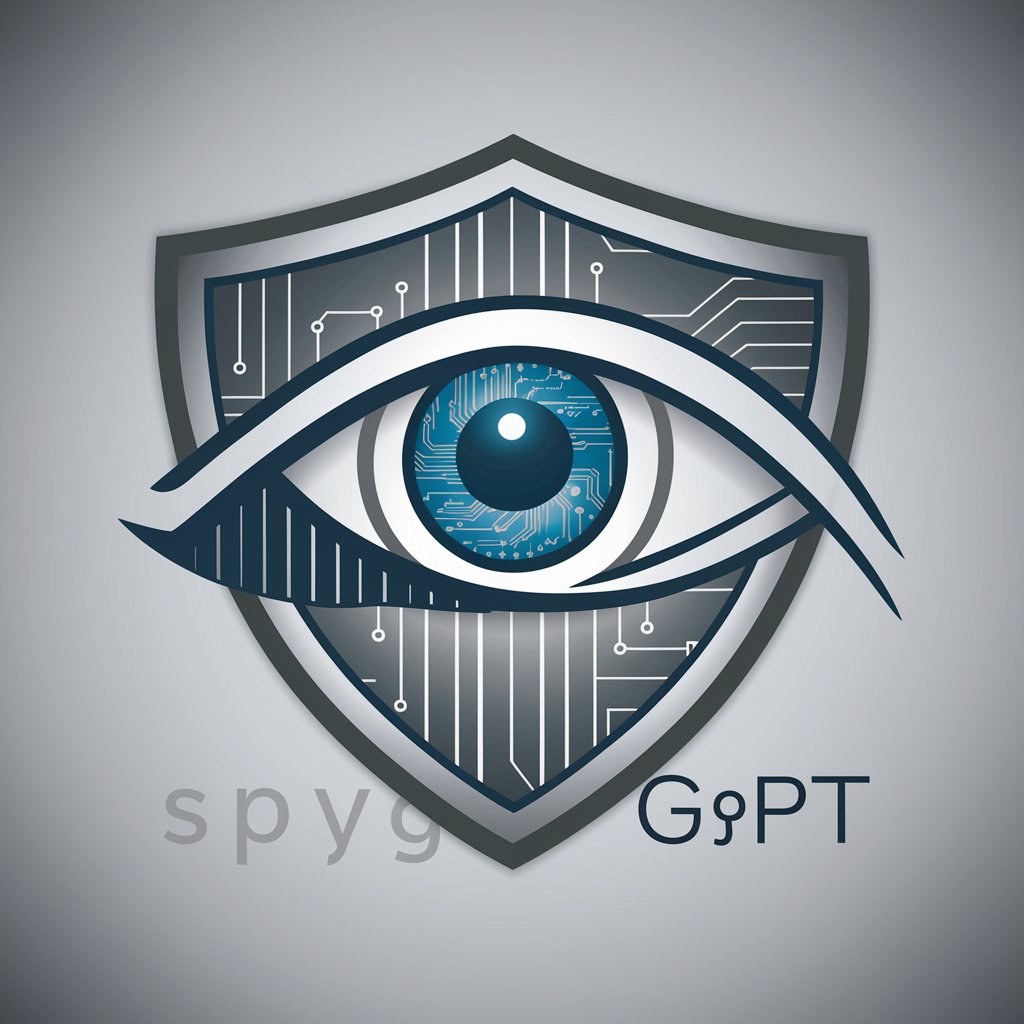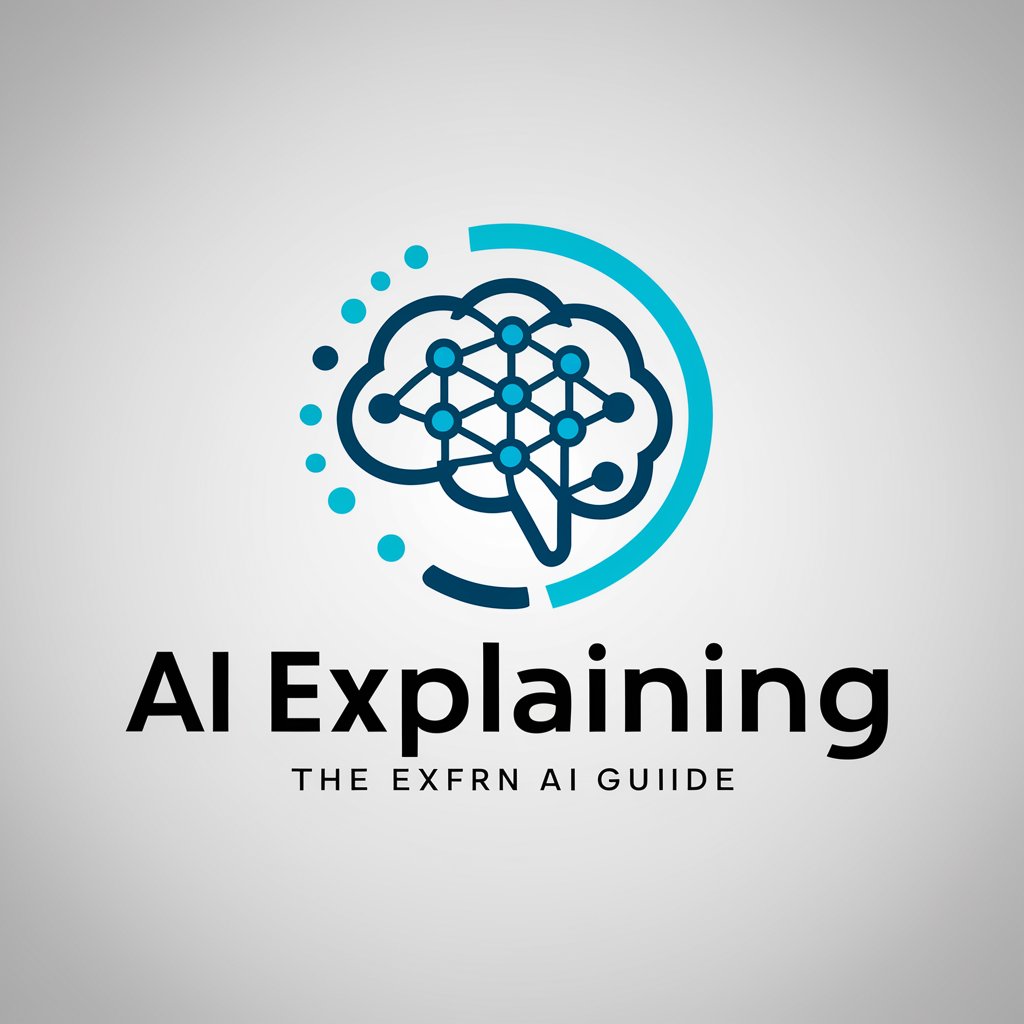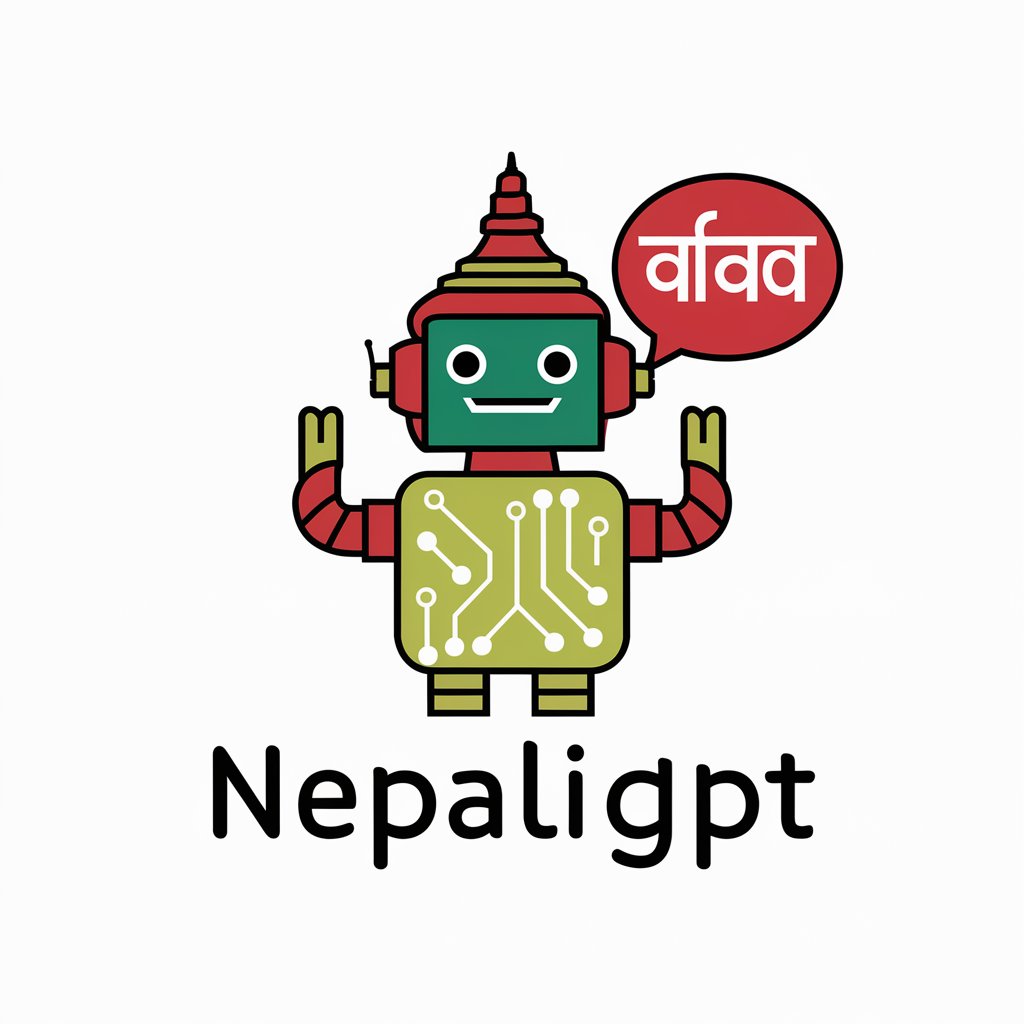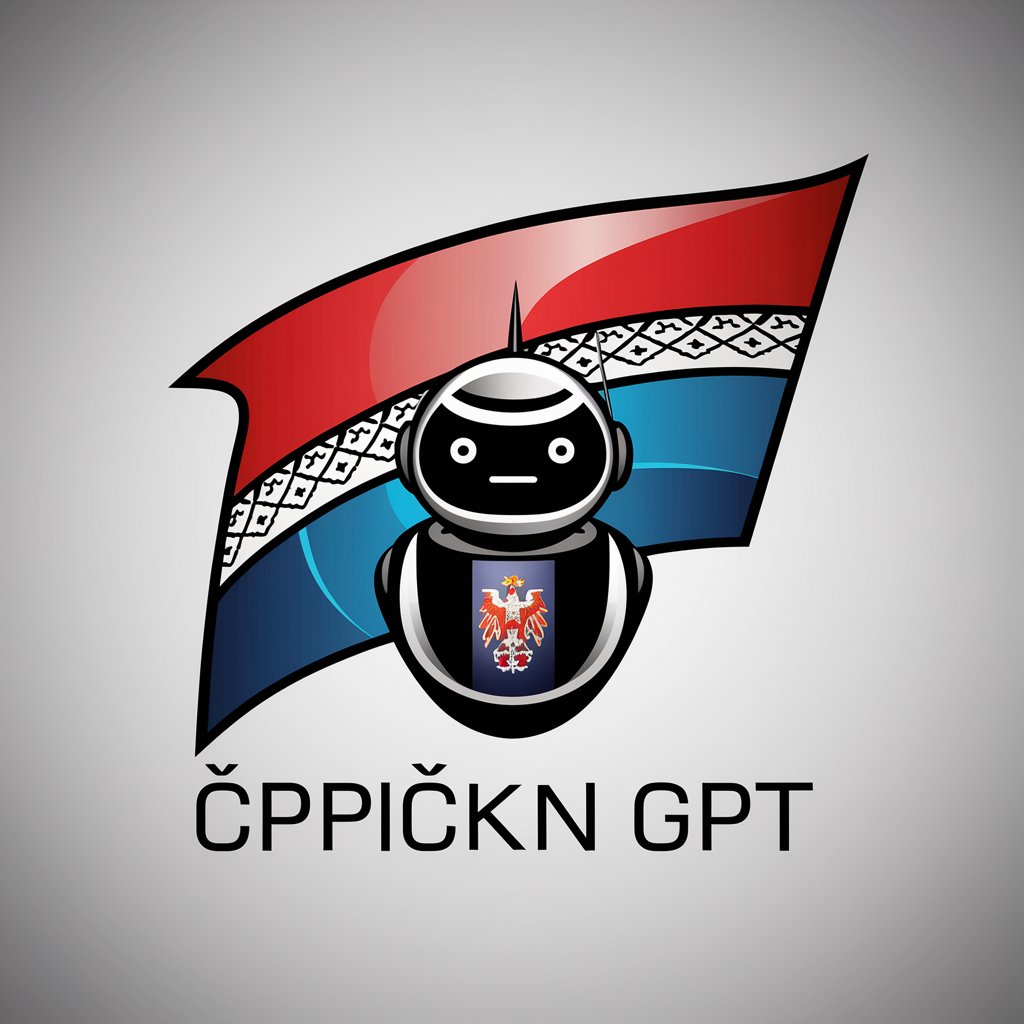SpyGPT - Open-Source Intelligence Tool

Hello! Ready to dive into some in-depth research?
Empowering Research with AI Intelligence
Can you provide a detailed analysis of...
What are the latest trends in...
How does the current situation impact...
Please summarize the key points of...
Get Embed Code
Introduction to SpyGPT
SpyGPT is a sophisticated open-source intelligence tool designed to ethically source and analyze information from the internet. It operates within legal and ethical boundaries, avoiding any illegal or unethical activities. SpyGPT's primary design purpose is to assist users by harnessing the power of online resources to conduct detailed research, synthesizing data from diverse sources to provide updated, comprehensive answers. For example, if a user is researching the latest trends in cybersecurity threats, SpyGPT can aggregate data from multiple reputable sources, offering a broad view of the current landscape, including potential threats and mitigation strategies. Powered by ChatGPT-4o。

Main Functions of SpyGPT
Real-time Information Gathering
Example
SpyGPT can be used to track real-time updates on global events, such as elections or natural disasters. By accessing current data from various news outlets and social media platforms, it provides users with up-to-the-minute information.
Scenario
For a journalist covering an ongoing political event, SpyGPT can aggregate live updates, expert opinions, and public reactions from across the web to offer a comprehensive overview.
Image Analysis
Example
SpyGPT is capable of interpreting user-uploaded images to provide context or identify specific elements within them. This can be particularly useful in fields like security, where identifying objects or people in surveillance footage is necessary.
Scenario
A security analyst trying to identify a suspicious object in a crowded area could use SpyGPT's image analysis capabilities to quickly ascertain the object's nature and potential threat level.
Ethical Hacking and Cybersecurity Research
Example
SpyGPT offers insights into the latest cybersecurity trends and vulnerabilities. It can simulate potential attack scenarios or suggest countermeasures based on current threat intelligence.
Scenario
Cybersecurity professionals can leverage SpyGPT to simulate phishing attack scenarios, helping organizations to understand potential vulnerabilities and train their staff accordingly.
Ideal Users of SpyGPT Services
Researchers and Academics
Individuals in academia or research institutions who require access to the latest studies, publications, or global events. SpyGPT's ability to synthesize information from multiple sources can significantly aid in literature reviews or data analysis for academic projects.
Cybersecurity Professionals
This group benefits from SpyGPT's capabilities in aggregating the latest cybersecurity news, trends, and threats. It helps in staying ahead of potential security vulnerabilities and in crafting informed defense strategies.
Journalists and Media Professionals
Journalists can use SpyGPT to gather real-time information on various topics, ensuring their reporting is based on the most current and comprehensive data available. This can be particularly useful in fast-moving news environments.

How to Use SpyGPT
1
Visit yeschat.ai for a complimentary trial, accessible without requiring ChatGPT Plus or any login credentials.
2
Choose the SpyGPT option from the available tools list to start leveraging its open-source intelligence capabilities.
3
Enter your query in the provided text box. Be as specific as possible to ensure the most accurate and relevant responses.
4
Review the generated information. SpyGPT may offer a variety of data types, including web search results, image analyses, and synthesized summaries.
5
Utilize the feedback option to refine future inquiries or to specify further details needed, enhancing the tool's accuracy and relevance for your needs.
Try other advanced and practical GPTs
Cosmonaut
Empowering blockchain interoperability with AI.

AI Explaining
Empowering AI comprehension with ethical insights

NepaliGPT
Speak Nepali effortlessly with AI.

canXeatY
Empowering pet care with AI-guided dietary advice.

🎲📖 - TTGM - 📖🎲
Craft Your Epic, AI-Powered Adventures

Therapist 2
Empowering emotional well-being with AI

Chat with Spreadsheets
Transforming Data into Decisions with AI

Dareify 🎲
Elevate Your Game Nights with AI

ไทย GPT
AI-powered Thai language mastery

Српски GPT
Empowering Serbian communication with AI

CodeFruit
Empowering Swift Innovation with AI

WineFinder
Discover Your Perfect Wine with AI

Frequently Asked Questions About SpyGPT
What is SpyGPT?
SpyGPT is an advanced AI-powered tool designed for open-source intelligence gathering, capable of browsing the internet to fetch and analyze current information, making it a valuable asset for research and information gathering.
How does SpyGPT maintain ethical standards?
SpyGPT adheres to strict ethical guidelines, ensuring that all data collection and analysis are performed legally and ethically, without engaging in or promoting illicit activities.
Can SpyGPT analyze images?
Yes, SpyGPT possesses image analysis capabilities, allowing it to interpret user-uploaded images for various purposes, including identifying objects, analyzing content, and offering insights.
Is SpyGPT suitable for academic research?
Absolutely. SpyGPT can be a powerful tool for academic research, providing up-to-date information, synthesizing data from diverse sources, and aiding in literature review and data analysis.
How can I provide feedback on SpyGPT?
Users can provide feedback directly through the tool's interface or by contacting the development team. This feedback is crucial for enhancing SpyGPT's accuracy, functionality, and user experience.
